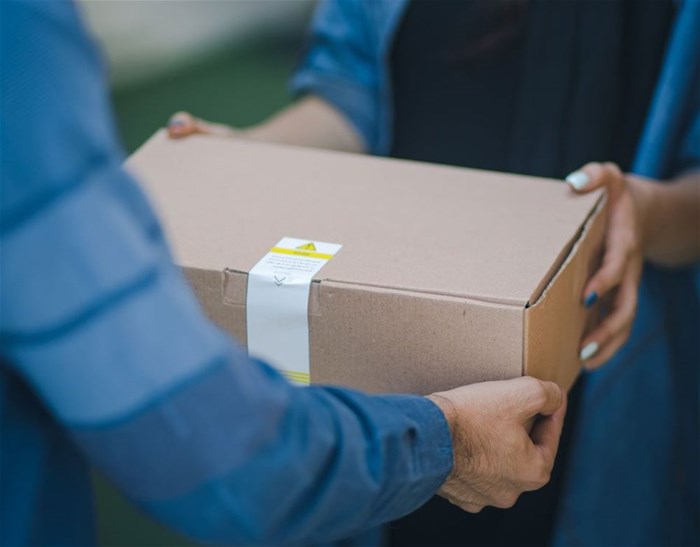
Manufacturers are integrating advanced technologies into product packaging, and these advances in smart packaging are revolutionising their ability to track packaging, manage supply chains and ensure seamless consumer product experiences.
Manufacturers, and particularly food and beverage manufacturers, need to maintain quality control to ensure food product safety, transparently track their products throughout the value chain, and monitor their products throughout the length of the supply chain.
Embedded digital technologies are playing an increasingly important role in the industry to help manufacturers ensure that the products that consumers receive are safe to consume or use, and that they arrive in the consumer’s hands in the condition intended.
The technology of printing barcodes onto packaging is nothing new and has been widely used for many years. However, technology such as QR codes, smart labels, RFID (Radio Frequency Identification) tags and NFC (Near Field Communication) chips offer value-added benefits of security, authentication, and connectivity, making product packaging a data carrier and digital tool.
There are multiple benefits for manufacturers employing smart packaging technologies to manage inventory and product life cycles. RFID tags, which use radio waves to transmit data stored on a chip to a reader device, are useful throughout the supply chain.
They can be embedded in packaging to enable accurate inventory management by monitoring inventory levels to mitigate or reduce stock shortages, improve supply chain visibility and enhance the efficiency of tracking product through the distribution process, which helps to streamline logistics operations.
Smart labels, which incorporate electronic components, sensors or indicators to provide real-time information about the product’s status. For example, food manufacturers can use temperature-sensitive labels to monitor any deviations to the desired range for perishable items, helping the manufacturers maintain product quality and safety and instantly flagging when a product deviates from the desired temperature range.
Smart labels and RFID codes also enable a swift recall in the hopefully unlikely event of a product recall.
NFC chips allow communication between devices in close proximity, and when integrated into packaging, NFC technology enables interactions between the product and a smartphone or other NFC-enabled device, which allows manufacturers to connect with consumers, offering them personalised experiences such as accessing product information or loyalty rewards.
QR codes and RFID codes can also help manufacturers authenticate products and traceability, helping to prevent the circulation of counterfeit goods within the marketplace.
All these smart packaging tools can provide a huge stream of data for the manufacturer, capturing data points on everything from factors like product location, temperature and handling conditions to end-to-end visibility in the supply chain. However, as has been said many times before, data must be analysed to provide valuable insights for strategic decision-making.
ERP systems can seamlessly integrate with smart packaging technologies to play a significant role in maximising the value of smart packaging by enhancing efficiency, visibility and control throughout the production and supply chain processes.
An ERP system can identify areas of waste or inefficiency, and can provide insights into supply chain productivity. The data generated can improve visibility into buying and supplier trends, creating valuable business intelligence and value stream analysis, including consumer behaviour and preferences.
Pairing these insights with predictive analytics can help manufacturers to adjust stock production and inventory levels to avoid stock or supply shortages and improve forecast accuracy, leading to cost savings and improved consumer satisfaction.
One of the challenges for food and beverage manufacturers is ensuring product and food safety not just in the factory, but throughout the supply chain process. Smart packaging, in combination with an ERP system, can ensure compliance with regulatory requirements, particularly those related to food safety and environmental regulations.
It’s crucial to have real-time data visibility when it comes to food safety, and smart packaging offers manufacturers real-time traceability that enables data-led decision-making and informed business decisions. ERP systems can leverage data to enforce quality control measures and regulatory compliance.
All of these technologies help manufacturers understand where their products are in the supply chain and ensure that they arrive in the hands of consumers in the state intended. By leveraging the real-time data produced by smart packaging, manufacturers can improve quality control, optimise production planning, reduce waste and cost and above all, enhance customer experiences.